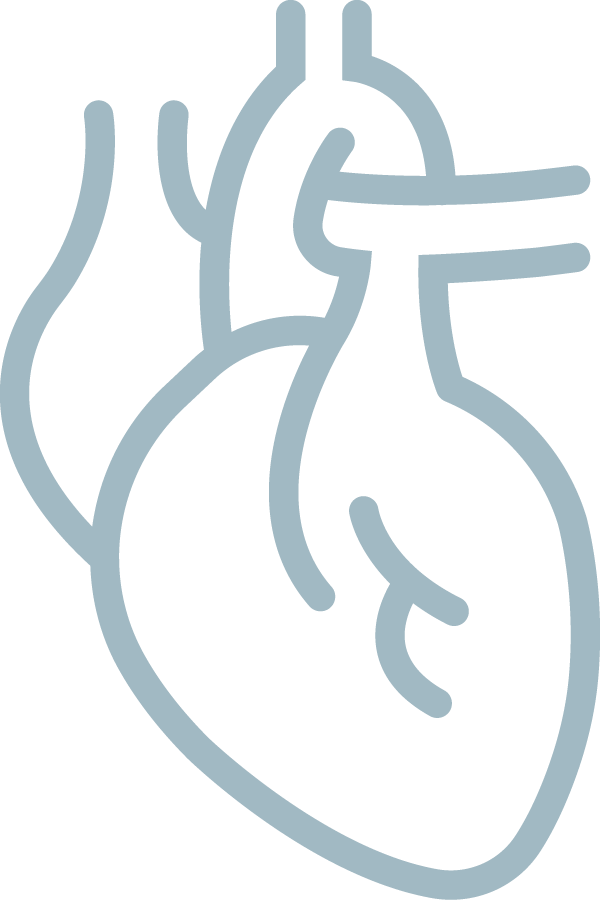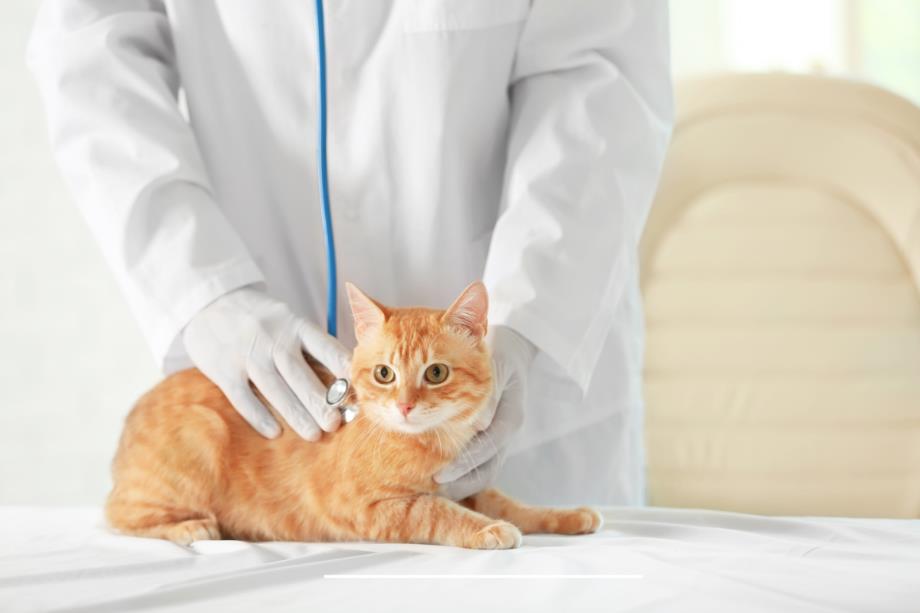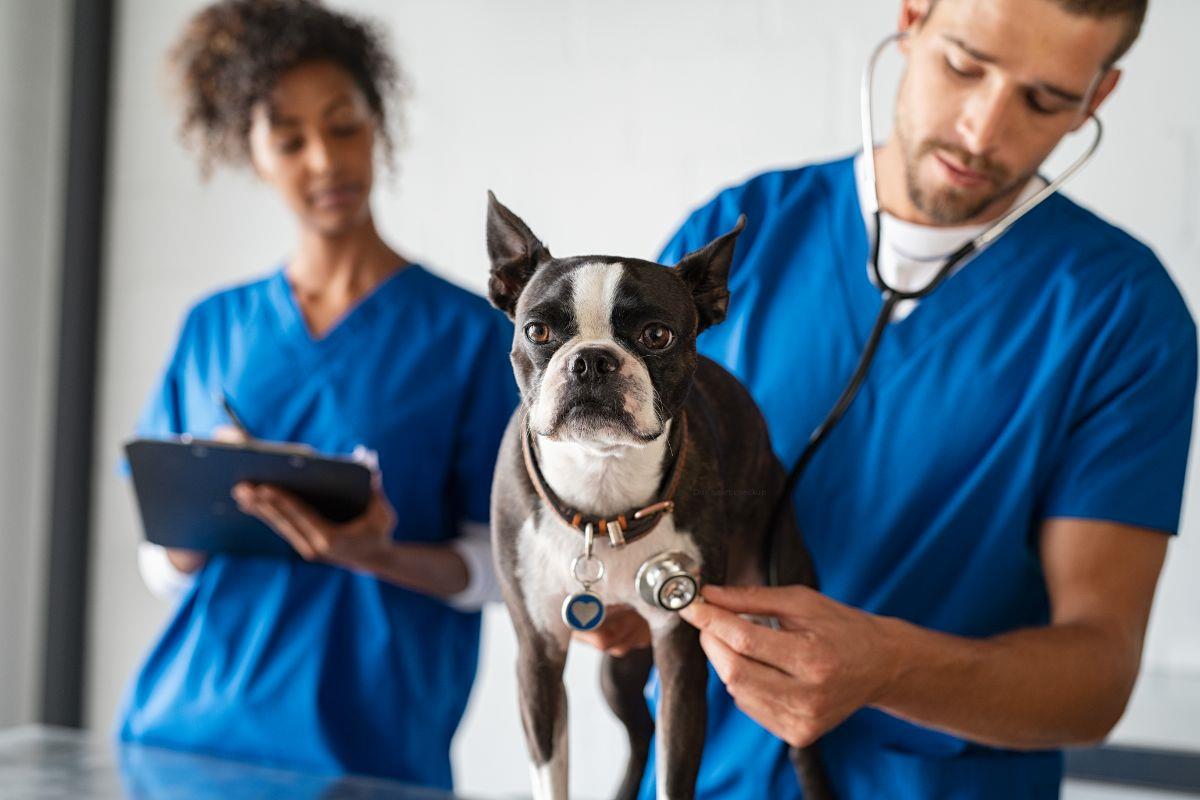
Specialty Care

Cardiology
The heart cannot really break but sometimes it might be in trouble requiring support. Animal heart diseases are common and could be easily overlooked as symptoms are often not readily apparent until more serious stages of heart disease are reached in dogs and cats. If undetected or diagnosed late in its course, animal cardiac disease may lead to serious complications. Fortunately, many heart diseases in dogs and cats can be managed well with an early diagnosis being of great benefit.
Our foremost goal is to improve the quality of life of your pet dogs and cats independently of the stage of cardiac disease.
Our cardiology team consists of two passionate and dedicated board-certified cardiologists and experienced cardiac veterinary nurses and is additionally supported by specialists in other areas and our strong team of general practitioners.
After diagnosing animal’s cardiac disease, we will inform you in detail about the diagnosis, treatment options, further management, monitoring at home, and the prognosis of the disease as teamwork is key to us to provide optimal service.
Problems that may require a cardiologist:
- Heart murmurs (abnormal heart sounds)
- Arrhythmias (irregular heart beats)
- Shortness of breath, coughing, fainting episodes, weakness, exercise intolerance
- Breed predisposition for certain heart diseases, screening of animals before breeding
- Pre-anesthetic evaluation before surgeries
- And many more
Diagnostic Tests for Pet Heart Disease:
Many of those examinations (with the exception of advanced diagnostic imaging modalities) are non-invasive and do usually not require sedation or general anesthesia. Our experienced veterinary nurses will just help your animal gently to stay in the required position to conduct those examinations as quickly and relaxed as possible – patient safety is paramount.
Diagnostic Tests for Heart Disease include:
- Echocardiography (2- and 3-dimensional, Color Doppler, Tissue Doppler Imaging, Contrast Echocardiography, etc.)
- Electrocardiography (ECG) and 24-hour ambulatory Holter-ECG monitoring
- Blood Pressure measurement
- Radiography
- Blood tests
- Advanced diagnostic imaging as Angiography, Computed Tomography (CT) or Magnetic Resonance Imaging (MRI)
Therapy and management:
Please change the following paragraph in the red box area to “As the field of veterinary cardiology is constantly advancing and every pet and its disease is different, there is no ‘one-fits-all’ treatment approach – therefore, the management of the heart disease in your dogs and cats will be individually tailored.”
Treatment options include among others:
- Medical therapy at home or, if indicated, hospitalization with intensive treatment and care for seriously ill patients
- Drainage of fluid out of body cavities (pericardiocentesis, thoracocentesis, abdominocentesis)
- Minimally-invasive catheter interventions
– Closure of Patent Ductus Arteriosus (PDA) with closure device (e.g. ACDO)
– Balloon Valvuloplasty of Pulmonic Stenosis
– Pacemaker implantation for bradyarrhythmias (too slow heart rates)
- Surgical approaches
– If your patient is too small or is not a good candidate for a minimally-invasive catheter approach due to the nature of his disease, we will refer you to a surgical specialist in certain cases for open-chest approaches like surgical ligation of PDAs after careful consideration

 3899 8999
3899 8999









